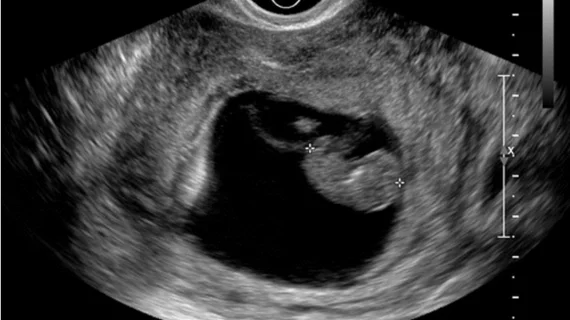Obtaining a transvaginal ultrasound examination is easier said than done for some unmarried women in India, according to a recent report.
Newslaundry—an independent media company based in India—recently detailed the stories of 12 different women who, despite their documented clinical need, were unable to obtain a transvaginal ultrasound because of their marital status. In some cases, it was the very physicians who recommended the exam in the first place who told women they would be unable to perform it on them since they were not married.
The stories shared in the report all have a common theme—performing transvaginal ultrasound on an unmarried Indian woman is considered problematic, one radiologist told the outlet.
“We don’t do ultrasound on unmarried women as, in our country, it is a taboo. It’s not a law. But everyone’s approach is different. And since I am at the other side of my career now, I’d rather let a patient go than let it lead to an unnecessary issue,” the doctor, who is not named in the report, explained.
According to the radiologist, the issue with completing a transvaginal ultrasound on an unmarried woman centers around the way virginity is viewed in India. However, one of the stories highlighted in the report pertains to a 23-year-old unmarried woman who was pregnant and still denied the exam. Another woman was 40-years of age and had a 10-year-old daughter when she was denied the exam because she was divorced.
Despite documented medical necessity, many of the women had to obtain consent from family members and their referring provider in order to undergo the exam. And even then, some radiologists refused to complete the exam and had interns conduct it instead.
Anjali Wagh, who is a gynecologist in Mumbai, told the media outlet that when she orders a transvaginal ultrasound on a patient, whether married or unmarried, it’s because the exam offers her a view of something specific that other exams do not. Regardless, the doctor believes that there should be “no issue” when a patient consents to an already prescribed exam.
The full report is available here.

